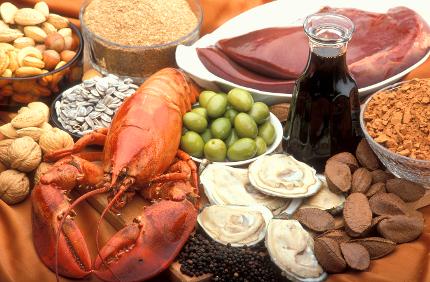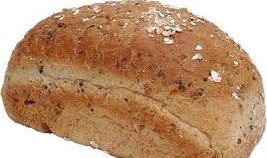When Imagination vanishes The Dreamer wakes up and Langland tells how he made sense of it all. But before he starts he has another go at his favourite enemies.
"And with that I woke up, my wits almost gone,
And like someone under a spell I started to walk
In the manner of a mendicant, many a year after.
And about my dream many times I had much thought,
First how Fortune failed me at my greatest need,
And how Old Age menaced me, if we might ever meet,
And how friars followed after folks who were rich,
And people that were poor they prized but little,
And in their kirks or kirkyard no corpse was buried
Unless while alive he left money to lighten their debts
And how covetousness overcame clerks and priests,
And how laymen are led, unless our Lord helps them,
Through incompetent curates to incurable pains;"
Langland briefly rehearses the arguments he has heard and then falls into a new dream in which Conscience invites him to a dinner party along with Clergy and Patience and a Master of Divinity. The allegory is expressed in terms of food. The high table (Conscience, Clergy and the M.o.D.) are served rich, exotic foods but Patience and The Dreamer are at a side table and served very basic stuff such as a loaf of bread called 'Do penance'. Patience is delighted with this spiritual food but The Dreamer is not - as he sees much richer dishes beuing guzzled by the M.o.D.
"I wished heartily, and angrily and eagerly
That this same Doctor devour dishes and platters
To be molten in his mouth, and malice in his belly!
'I'll ask this bottle bellied bulging jordan
To detail the penance he preached of so finely'."
The Dreamer is restrained from heckling the M.o.D.
"Patience perceived my purpose and bade me be still
'You will see soon enough, when he can eat no more,
He will have pain in his paunch, and puff at each word,
And his guts will grumble, and he'll begin to belch."
Conscience notices this interplay at the side table and creates an opening for The Dreamer to put a question. He asks about the nature of Do-Well and accuses the M.o.D. aggressively of non-compliance. Conscience intervenes and turns the subject into a more general discussion of Do-Well. This is a delightful rendering of a timeless phenomenon - the Chairman trying to manage the aggressive heckler and keep the meeting orderly. Knowing that The Dreamer wants to grill the M.o.D about Do-Well, Conscience puts the question himself and the M.o.D. gives a very basic 'establishment' answer. Then there is a strange shift when Clergy say he is uncertain about defining Do-Well because
"...one Piers the Plowman has impugned us all
And says no study is worth a straw but love alone."
Who is Piers, now, and how does the argument about human behaviour (Do-Well, etc.) get abandoned? Clergy says that he can't define Do-Well and Conscience moves the discussion onwards by saying that he knows Piers and trusts him, so detailed prescriptions for living are not desperately important. Perhaps Piers is the embodiment of charity, and his attributed use of the word 'love' is significant. Charity and Love are commonly seen as identical, and they will figure steadily more often as the story unfolds. Conscience moves the action on as he says
"Let this pass till Piers comes to explains in person."
But the debate is not over. Patience is asked for his opinion, because he has been out and about in the world as a pilgrim.
"Patience has been in many places. Perhaps he knows
What no clerk can."
Patience defines Do-Well very shortly: Learn, Teach and Love your enemies. He follows with a long speech about charity (containing a complicated riddle). It annoys the M.o.D. because it is impractical.
"...the wisdom of this world and the work of strong men
Can't make a peace between the pope and his enemies,
Nor compass a peace between two Christian Kings
Profitable to either's people."
The M.o.D. wants to get rid of Patience, who is keen to be off anyway, but Conscience elects to go with him, saying a polite farewell to Clergy. He asserts that they are both on the same side but have different roles. So Conscience and Patience go out into the lay world to see if there is anything useful to be learnt. The lay reader can never be sure if an allegorical meaning is intended. Why do Conscience and Patience separate? Possibly because Conscience here is 'knowing' or 'learning' and Patience is personal exploration.
WANDERING, LOST IN THOUGHT

TABLES SET FOR DINNER

RICH FOOD FOR HIGH TABLE

LOAF OF 'DO PENANCE' SERVED TO PATIENCE

THE HECKLER

CONSCIENCE AND CLERGY PART.

Langland's thought has moved on. There is less concentration on specific actions and more on the state of mind that causes them. There is also a rejection of the idea that Truth can only be found in the clerical world. Maybe the Active, rather than Contemplative, man may offer clues. Click HERE to get back to the beginning or click on HAUKYN to meet a 14th century con-artist.